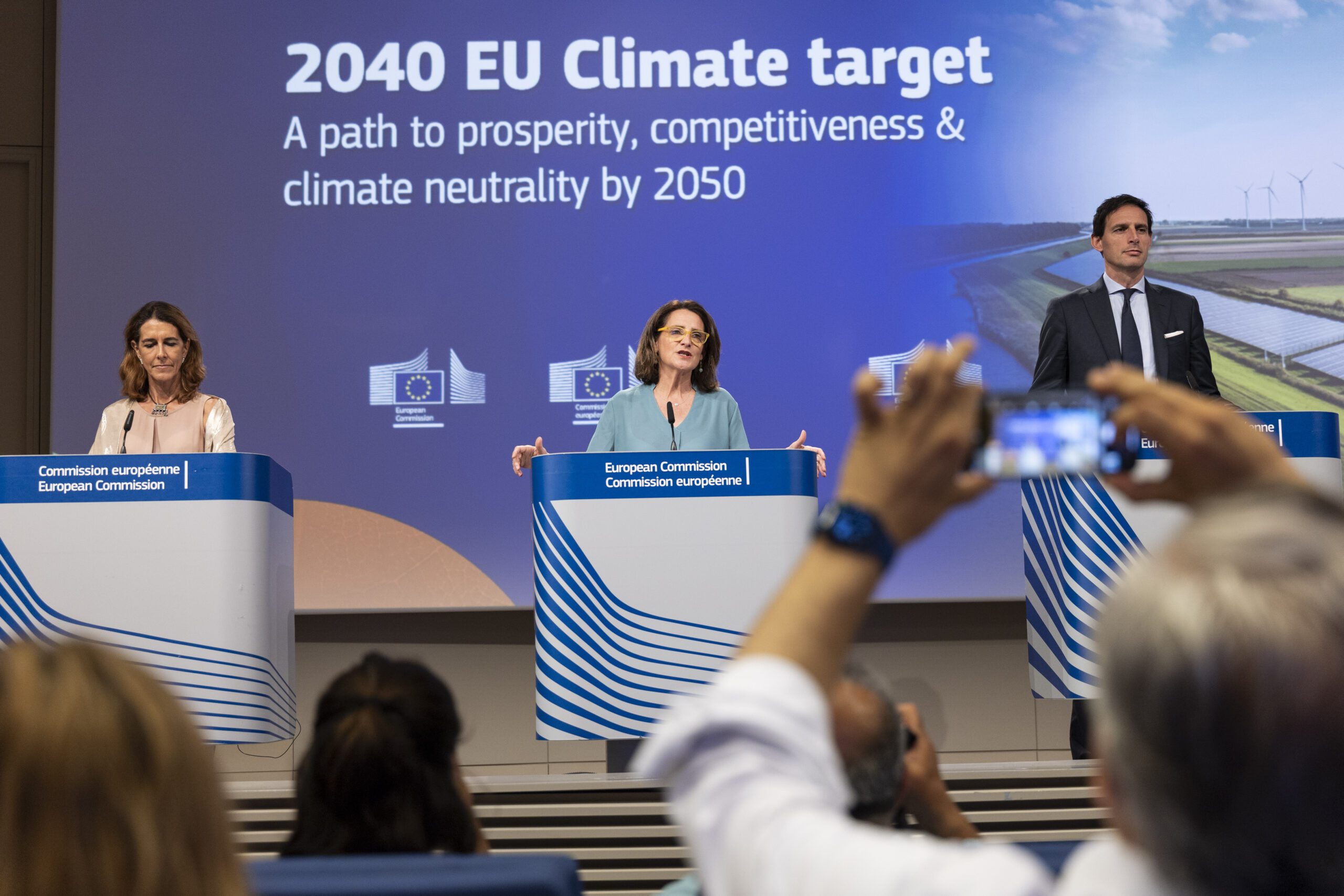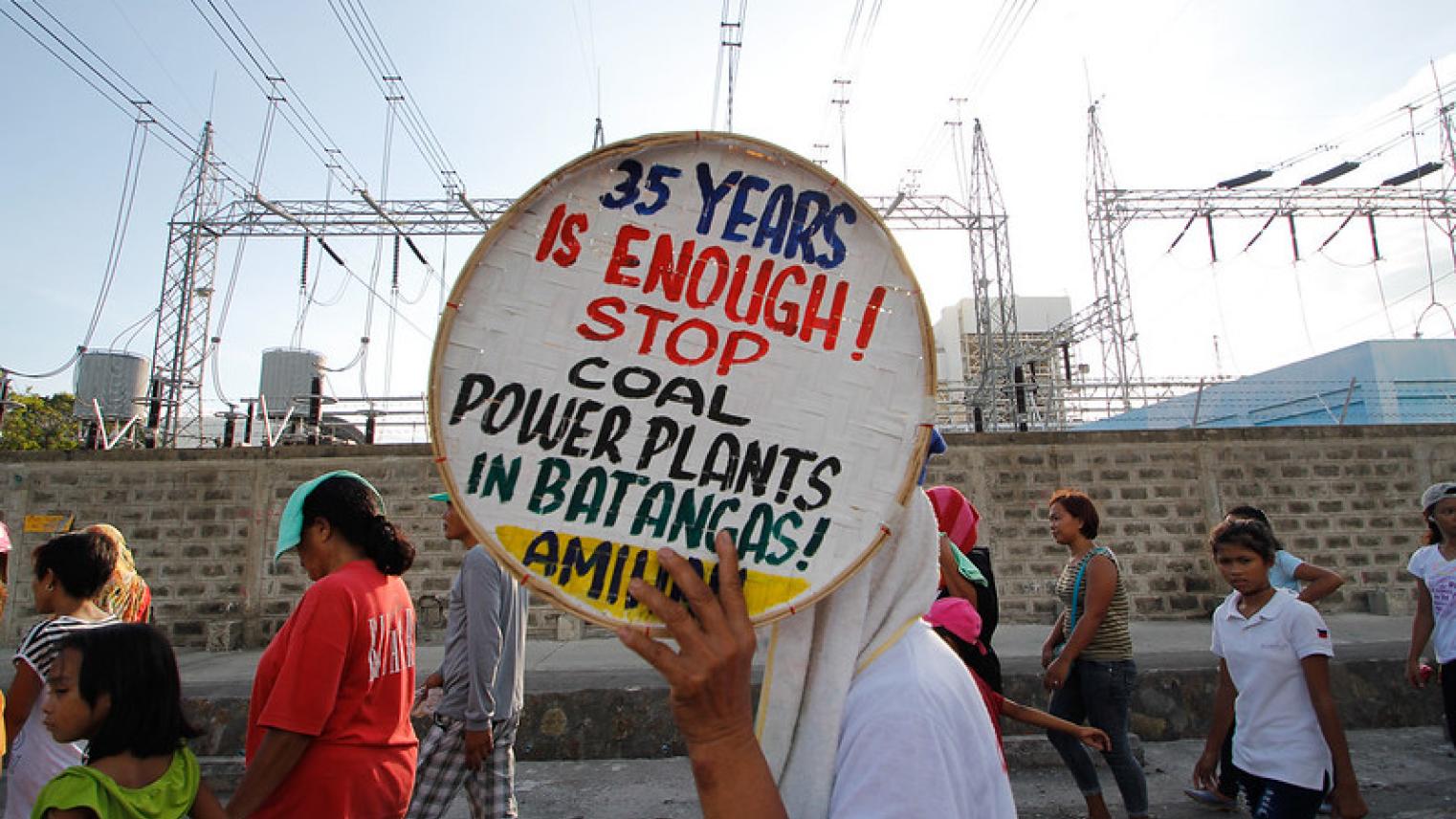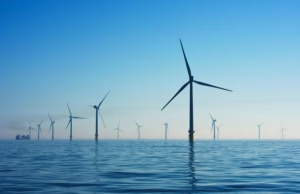Key Impact Points
- Significant Capacity: BESS Vilvoorde will have an installed capacity of 200 MW, capable of storing 800 MWh of energy.
- Household Coverage: The system will cover the electricity consumption of 96,000 households.
- Phased Launch: Commissioning of 100 MW in September 2025, followed by an additional 100 MW in January 2026.
- Future Expansion: ENGIE aims to achieve 10 GW of installed battery capacity worldwide by 2030.
ENGIE has started construction on one of Europe’s largest Battery Energy Storage Systems (BESS) at its Vilvoorde site in Belgium. This significant development follows the project’s construction permit approval in July 2023 and its selection for capacity remuneration in October 2023. With an installed capacity of 200 MW, BESS Vilvoorde will store 800 MWh of energy across 320 battery modules and release it to the grid for four hours, equivalent to the energy needs of 96,000 households.
Project Details
Located on a 3.5-hectare site, the BESS Vilvoorde project will be executed in two phases. The first phase, set to launch in September 2025, will see the commissioning of 100 MW of batteries. The second phase will add another 100 MW in January 2026. ENGIE has secured a 15-year contract with Elia, the national grid operator, to ensure the integration and operation of this large-scale energy storage system.
Commitment to Flexibility Solutions
The BESS Vilvoorde project aligns with ENGIE’s commitment to developing large-scale flexibility solutions, which are crucial for the integration of renewable energy production. These solutions are essential for absorbing peaks in renewable energy production and releasing energy during periods of high consumption, thereby enhancing the reliability and security of energy systems.
Change the World - Subscribe Now
Sébastien Arbola, Executive Vice President in charge of Flex Gen & Retail activities at ENGIE, emphasized the importance of these systems: “With the growing share of renewable energies in the energy mix, the contribution of Battery Energy Storage Systems to ensuring the reliability and security of energy systems is becoming crucial. Batteries will enable the absorption of peaks in renewable energy production, and the release of this energy when production is lower and consumption higher. These flexibility solutions will thus help accelerate the development of renewable energies and the energy transition.”
Related Article: Philippines Secures $500M for Coal Transition to Renewable Energy
Future Projects and Goals
In addition to BESS Vilvoorde, ENGIE is developing two other BESS projects in Belgium, located in Kallo (100 MW / 400 MWh) and Drogenbos (80 MW / 320 MWh). These projects further support ENGIE’s objective of achieving 10 GW of installed battery capacity worldwide by 2030. As of December 31, 2023, ENGIE had 1.3 GW of battery capacity in operation and 3.6 GW secured under development.
ENGIE’s BESS Vilvoorde project marks a significant step in the company’s efforts to provide large-scale energy storage solutions and support the transition to renewable energy. By investing in advanced battery storage systems, ENGIE is contributing to a more reliable and sustainable energy future, ensuring that renewable energy can be efficiently integrated into the grid and used to meet the demands of households and industries alike.

 Follow SDG News on LinkedIn
Follow SDG News on LinkedIn











